

Japanese men dating transgender women - agree
Women Dating Women In Japan
Dating in general is already difficult, so imagine looking for a partner in a country where much of the population rarely discusses your sexual orientation. Here, locals share what works for them.
Back when I taught English in Japan, I once led a discussion on coming out. No, this wasn’t some sneaky initiative to promote the gay agenda—the topic was actually in the book! As I went around the room eliciting stories, every single one of my eight fully-grown adult students admitted they’d never met a queer person. Ever! Of course, what they really meant was they’d never met someone who was out.
In Japan, it isn’t a crime to be homosexual, but it’s not exactly accepted either. From my experience, the general narrative accepted by mainstream society is that LGBT+ individuals simply do not exist. Hate crimes and public displays of discrimination are rare, but this may be because queerness is rarely flaunted and violent crimes often go unreported.
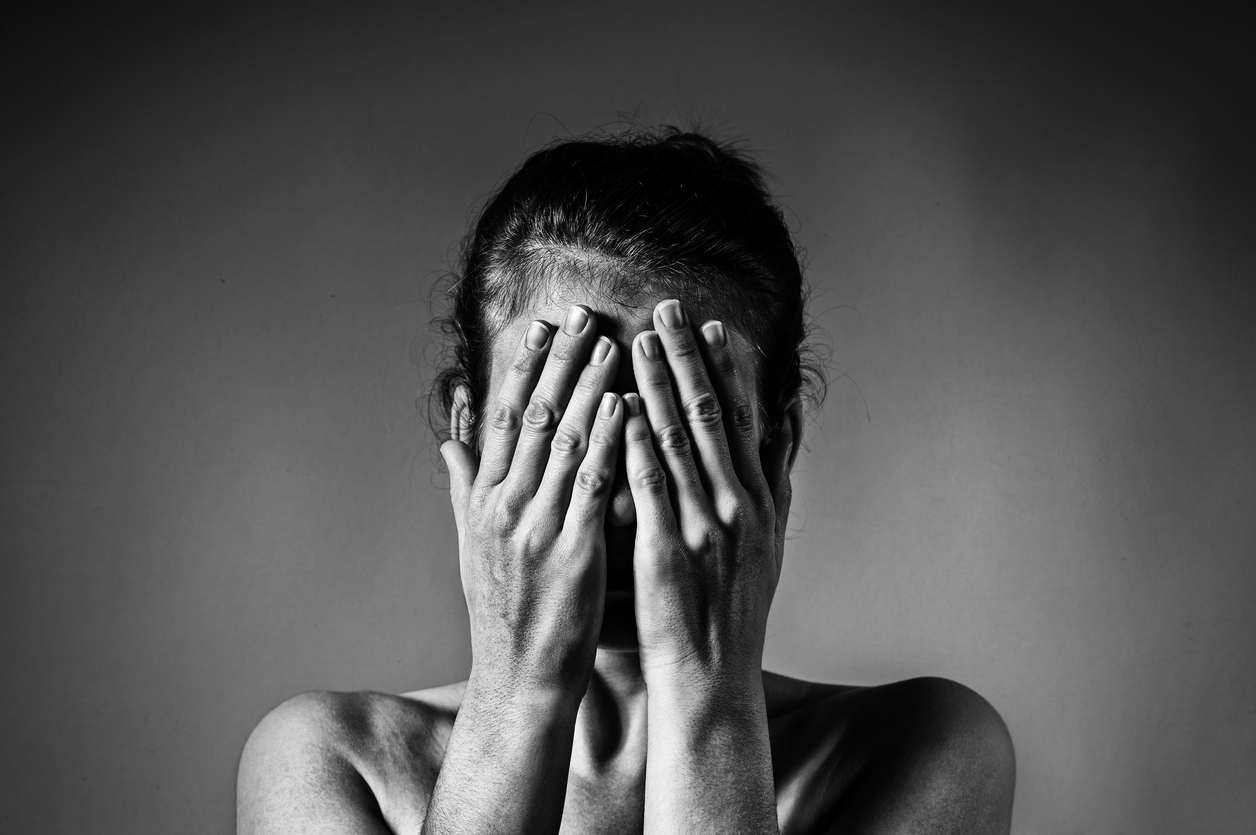
Though a significant portion of the population allegedly falls on the LGBT+ spectrum, many queer people are closeted, which makes meeting them a challenge. Traditional ways of finding a partner might not work for someone whose identity or orientation is a secret. I dabbled but had little luck—as a lazy bisexual, I mainly stuck to dating men. Also, being a cis femme (someone who was born female, identifies as female, and dresses like a stereotypical female), people always assumed I was straight anyway.
In order to get a better look into Japan’s queer dating scene, I enlisted the help of more experienced expats who identified as female. The result: insight into life as an LGBT+ living in Japan. As outsiders, expats simultaneously have an easier time coming out (in general, we aren’t held to the same standards as native Japanese) and a more difficult one (we may not fully comprehend local norms and social cues).
LGBT+ and Japan’s society
Japan is already a safe place for queers and is steadily improving its stance on gay rights. Queerness is also getting more representation in the media—a Terrace House cast member came out on national television, a Japanese lesbian couple who traveled the world spreading awareness about LGBT+ issues received international coverage, and Buzzfeed Japan now hosts a heartwarming and intimate new series interviewing queer folks.
“My mother in law… has told me a couple of times to ditch her daughter and go find a good man in order for me [to]… make babies. She doesn’t mean wrong. It is just a different education and perception about life,”
Yet, there remains a feeling among many that queer people are an “unproductive” burden to society. At least, those were the scathing words of politician Mio Sugita just last year. There’s also a recent case of an Osaka man who wasn’t allowed to attend his same-sex partner’s cremation. These may sound like isolated incidents, but discrimination runs deep among the older and more conservative generations who hold most of the political power. According to global data from the Pew Research Center, 61% of Japanese people over 50 believe homosexuality is unacceptable.
So, it’s no surprise the ladies I interviewed tend to get mixed responses from those they come out to.
Cultural norms and traditions make acceptance difficult

Socorro, a cis-female lesbian from Mexico City, entered Japan’s LGBT+ scene about 12 years ago. “Dating in Japan can be challenging if you do not understand the language and, most importantly, the culture. Tradition, especially for people living in the inaka (countryside), is very embedded and people need to respect that.”
“Being out of the norm, I feel as if in their eyes, I was not fulfilling my duty as a woman,” she told me. However, she pointed out Japanese people tend to be respectful enough not to say such things out loud.
“Being out of the norm, I feel as if in their eyes, I was not fulfilling my duty as a woman,”
That isn’t always the case for people close to her. “My mother in law… has told me a couple of times to ditch her daughter and go find a good man in order for me [to]… make babies. She doesn’t mean wrong. It is just a different education and perception about life,” she said.
Ciera W., a 25-year-old Black American woman who identifies as cis lesbian/queer, was surprised by the reactions she got after moving to Japan. “In America, I’m perceived as queer based on my appearance. I have short hair, ‘edgy’ clothing, piercings, and I exclusively wear sports bras. People just know. In Japan, I’m often asked if I have a boyfriend or if I’m married to a man,” she said.
Ignorance exists, but not always in a bad way

Sadie Carter, a 28-year-old JET from Florida, who identifies as a lesbian trans-woman, said people tend to be ambivalent towards her. “I don’t think there’s the same level of violent homophobia or transphobia there is in, say, America, but queerness is often seen as an aberration or joke.”
Kay, a bisexual female from the Philippines, said it depends on the person.
Recently a friend asked me, ‘Are there any girls or guys you’re likin’ right now?’ which was very nice.”
“Especially compared to my home country, gayness and queerness still seem to be very foreign concepts to a lot of Japanese people, young or old.” According to her, people tend to be very curious when she mentions her sexuality. “I get this impression that to a lot of them, it’s still something so unfamiliar, like something they hear on the news or read about in books but don’t really see or think about much at all in their daily lives.”
“When I’d mention to Japanese friends or coworkers that I have a girlfriend and/or that I’m bisexual, a lot of them have said something along the lines of ‘Wow! It’s my first time meeting someone who’s LGBT,’” she said.
Younger people tend to be more accepting
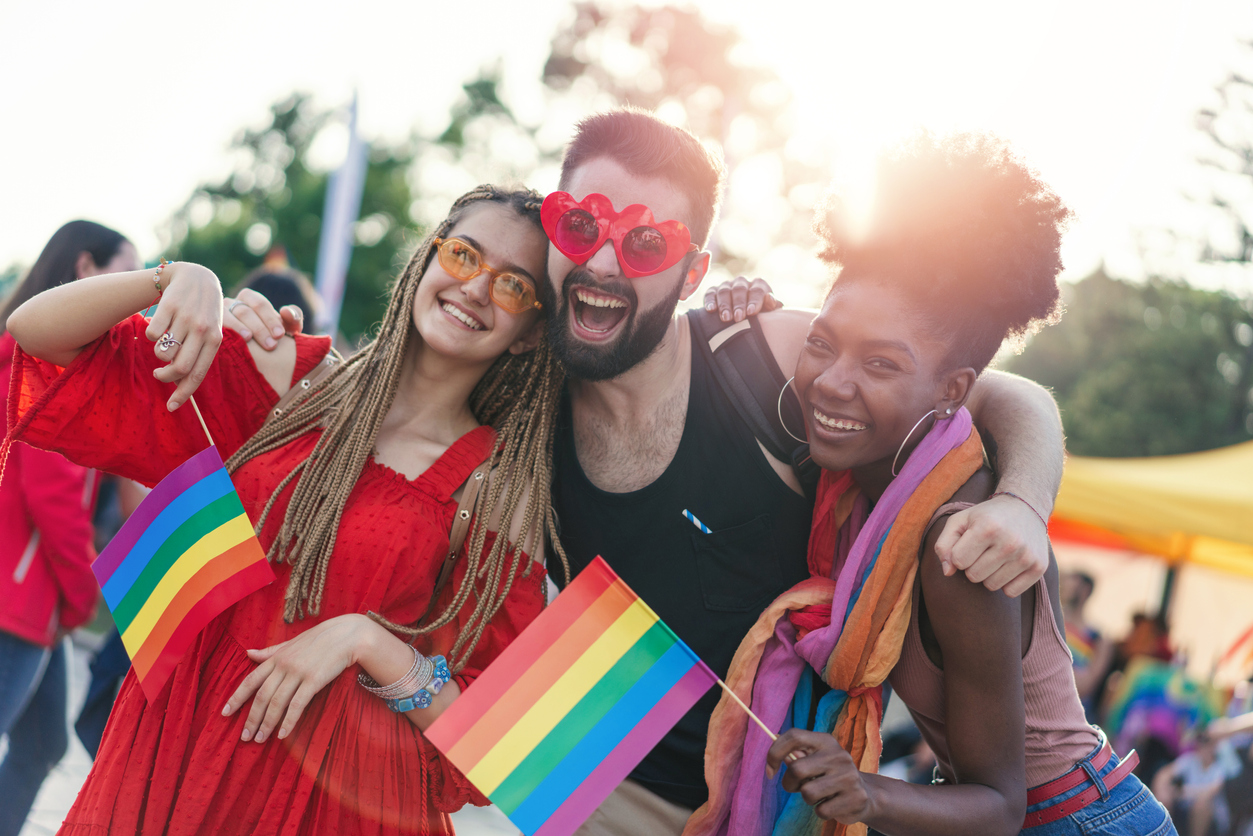
Sadie mentioned most people, especially younger folks, appear not to have issues with her identity. “All of my Japanese friends have been super accepting of me coming out, and most of them already had Japanese LGBT+ friends.”
An anonymous 28-year-old American woman living in Osaka, who is “mostly gay but still working on it,” said, “My Japanese friends who know I’m not straight are totally cool with it. Recently a friend asked me, ‘Are there any girls or guys you’re likin’ right now?’ which was very nice.”
Finding the LGBT+ scene
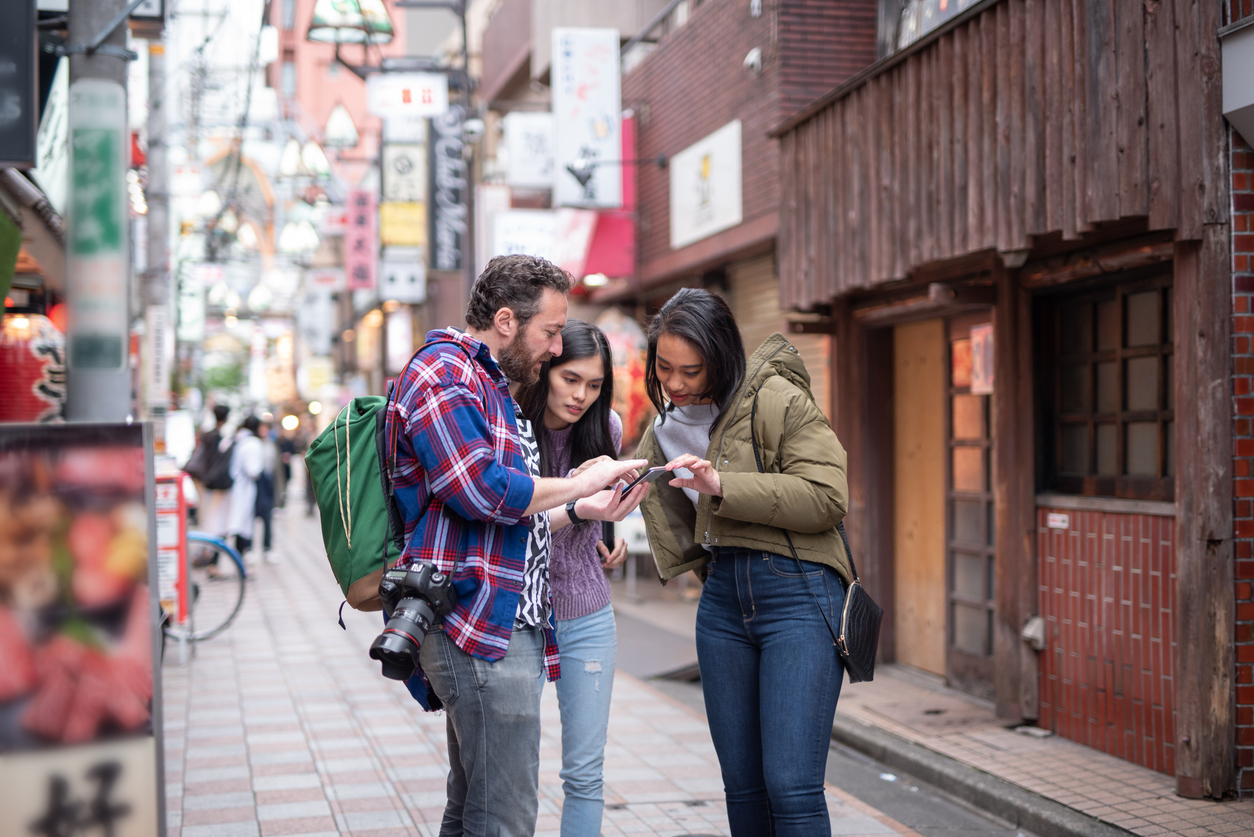
As in many places around the world, lesbian and bisexual communities can be harder to find than those for gay males. Shinjuku Ni-chome and Doyamacho, Tokyo and Osaka’s gay districts respectively, cater more to men than women.
That being said, urban Japan, especially Tokyo, does provide female-friendly queer spaces. “Even if you are not looking for anything but a good chat, I think the lesbian bars in Tokyo help a lot with that,” Socorro said.
What about queer nightlife in Japan?
So, how does one actually find a partner? The starting point for many is mingling at gay bars and clubs. These tend to work like those in other countries, but some may operate differently than what you’re used to.
Socorro said she found it “extremely bizarre” how a little bar she stumbled upon in Hokkaido in northern Japan operated. The Sapporo spot had just a few seats and the bartender interacted with all the patrons at once and made them become friends. “I went alone,” she said. “I was pretty scared and I actually went a couple of times and couldn’t get past the door because of my nervousness.” Eventually, she found the courage to enter and ended up making friends with whom she still keeps in touch with; one of them even introduced her to her current girlfriend.
Turning to dating apps
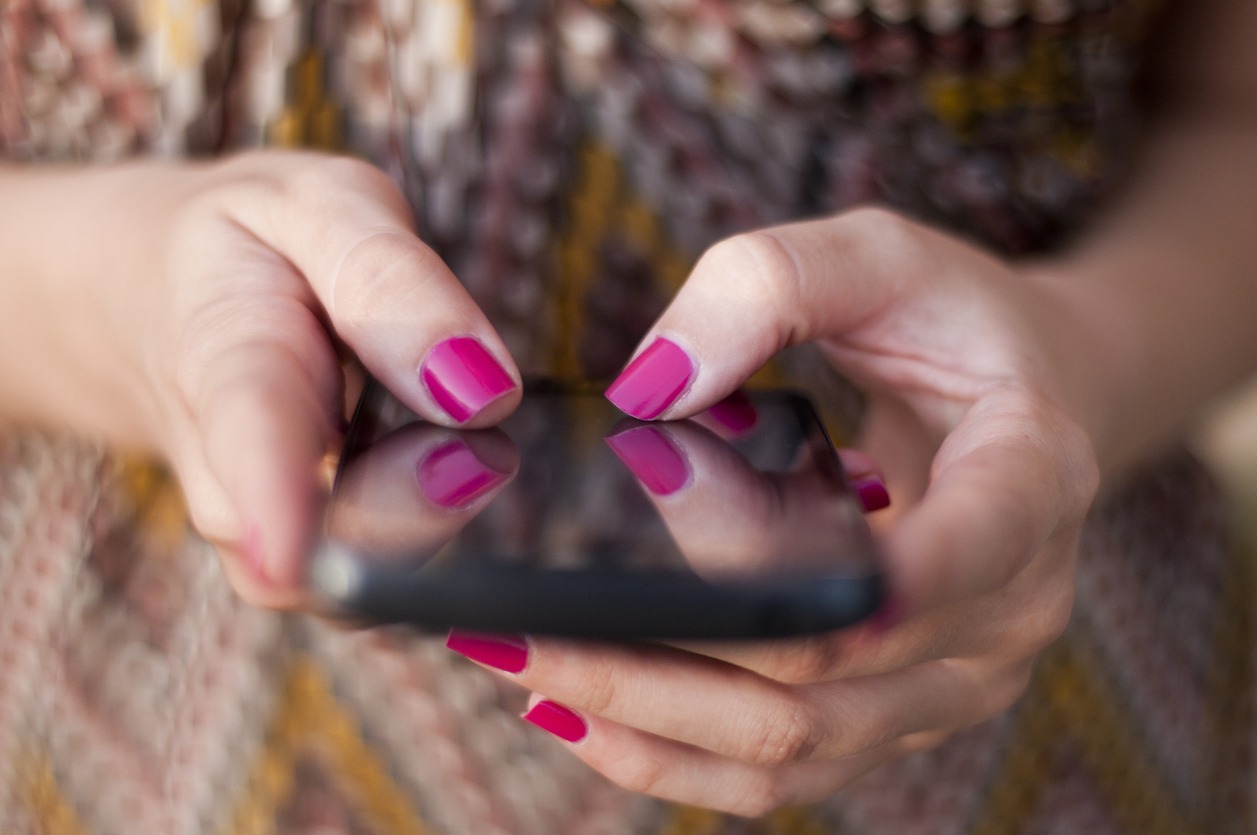
The scene at bars and clubs may not suit everyone, of course. Soccoro said, “I don’t believe I portray my best self when I am at a bar. And I think that is true for a large number of people.”
Sadie recommends dating apps like Tinder (where she met her ex) and HER (where she met her current partner). Though she adds, “Most queer people I’ve met through dating apps have been in Tokyo.”
She cautions to watch out for those on dating apps for a different purpose. “The most annoying thing…is the number of Japanese women who just want someone to practice English with or they just want foreign friends that will look cool on Instagram,” Sadie said.
“[…] acknowledge the fact that you’re in a different place than what you’re used to, so it’s not helpful to compare dating scenes.”
Ciera agreed. “Most women on [Tinder] were looking for an English teacher or don’t have any pictures of their face.” However, she found a way around this.
“I live in a place much smaller than Tokyo, so… I decided to upgrade to Tinder Plus. I was able to cast a wider net and swipe on people who actually identify as queer,” she said.
Meeting people IRL—the old fashioned way

There’s always the tried and true method of taking a chance with people you meet while going about daily life.
“I met my current partner at a small Japanese company while I was there as an intern,” Kay admitted. “I actually wasn’t sure about her orientation, but thought I’d ‘confess’ anyway ’cause I really liked her. Turns out she’s lesbian and now we’re happily together!”
She added that it helps to join LGBT+ communities online, like Stonewall Japan on Facebook or groups on Meetup, to find like-minded people.
Ciera advises foreigners not to give up when things seem rough, but also to “acknowledge the fact that you’re in a different place than what you’re used to, so it’s not helpful to compare dating scenes.”
Though challenges persist, it seems like as awareness spreads things are only going to get better for the LGBT+ community in Japan.
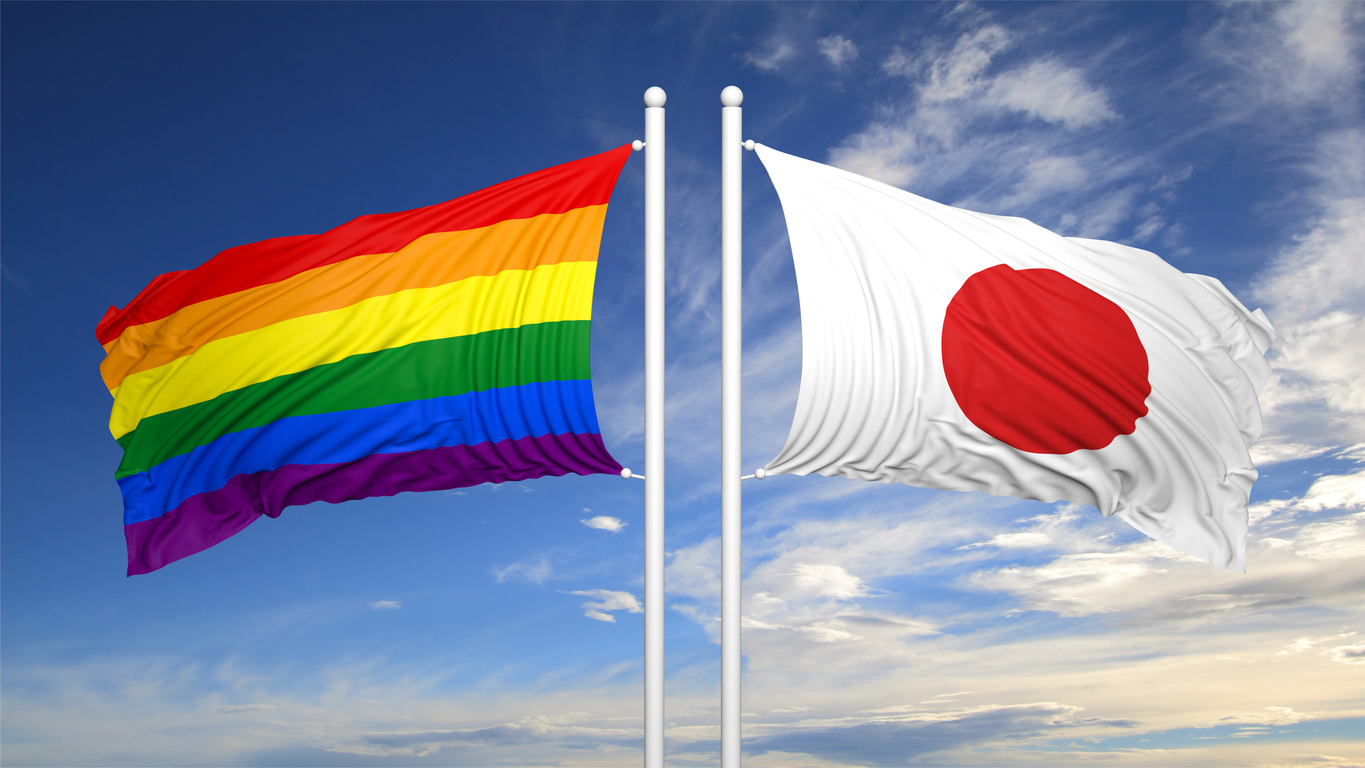

0 thoughts to “Japanese men dating transgender women”